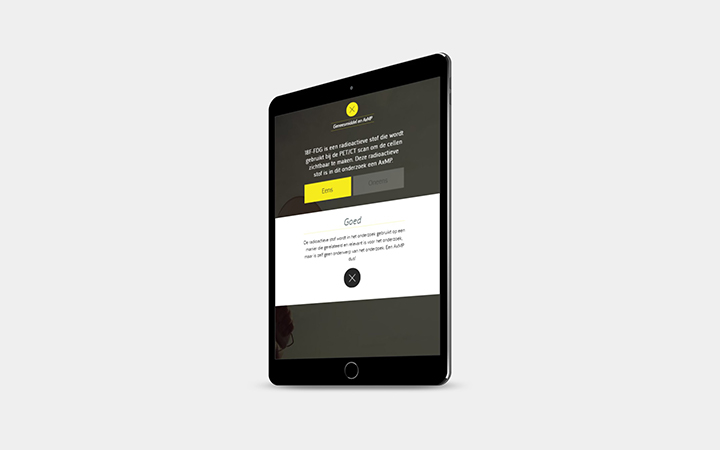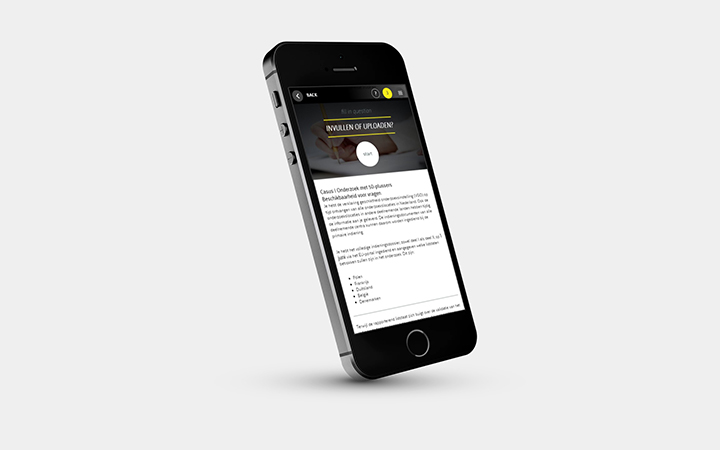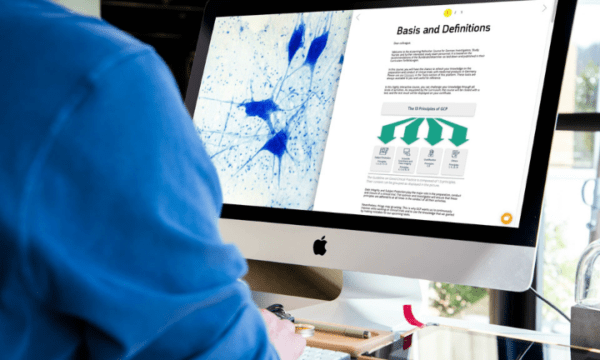LEARNING OBJECTIVES
- Principles of ECTR (EU Clinical Trial Regulation)
- Critical timelines for submission and review of a dossier
- Transition period and expected implementation ECTR
- Submission strategies
- Contents of submission dossier Part I and II
- Preparing and submitting the research dossier in the CTIS portal
- Role of the submitter, the reviewer, and the investigator
- Submission and review requirements and use of CTIS portal
- Deadlines and planning of the medical-ethical review
- How to answer questions from the reviewing ethics committee
- Requirements for the conduct of clinical drug research
- Safety reporting requirements
- Submitting substantial amendments via the CTIS
- How to avoid breaches and quality issues and what to do if they happen
- End of trial reporting, a summary of Clinical Trial Results for Laypersons
- Publication of trial data: requirements and transparency
DESCRIPTION
ECTR stands for European Clinical Trial Regulation. The ECTR regulation will affect everyone involved in clinical drug research in Europe and will help improve collaboration between all parties involved.
The expert ECTR course for clinical drug trials in the Netherlands helps you understand all the vital aspects of the ECTR regulation and the impact on the setup, submission, and conduct of a drug trial in the Netherlands. You’ll learn all strategic elements, from study design to submission, and from approval to conduct.
- 7,5 hours
- 4 modules
- Online ECTR certificate
- Knowledge Test
- Accredited by several quality registers
- Available on desktop, smartphone or tablet
The Expert ECTR course is intended for anyone who is responsible for product development and management, drug research design, and/ or strategic decisions for clinical drug trials in the Netherlands. This course is perfect for research and science coordinators, principal investigators (investigator-initiated research), sponsors, medical directors, head of ClinOps, study directors, project managers, CRAs, monitors, and people responsible for submitting dossiers
The online course takes 7.5 hours and consists of the basic ECTR module, the preparation module, the submission module, the conduct module, and a knowledge test. After completion, you will receive an online ECTR certificate.
Enroll now to get started with the myGCP learning modules on your smartphone, tablet, or desktop computer.
COURSE CONTENTS
Module 1: Introduction
- Goal ECTR and difference between a Directive and Regulation
- Scope of ECTR: to which type of research is the ECTR applicable?
- Dutch ambition regarding the introduction of the ECTR
- High-level contents of the ECTR
- Opportunities, benefits, and challenges of the ECTR and submissions via the CTIS portal
- When will the ECTR be implemented and what does the transition period look like?
- Timelines of the submission- and review process according to the ECTR regulation
- Differences in the submission of a national trial and an international trial
- Results of the validation phase, Assessment part I and assessment part II
- Differences in the submission of investigator-initiated trials and sponsor (pharma/biotech) initiated trials
Module 2: Prepare submission dossier
- Scope of ECTR and international differences
- Prepare an application dossier compliant to the ECTR requirements
- Roles and responsibilities in the preparation of submission, including a legal representative
- Pro’s and con’s of various submission strategies
- Functionalities of the EU-portal (CTIS)
- Contents of application dossier part I and part II, incl protocol, CTA, pediatric research plan
- Definition and criteria for the use and documentation of auxiliary medicinal product (AxMP)
- Requirements to the application dossier in case of research with incapacitated persons, clinical research in emergency situations, or research including pregnant or breastfeeding women
- Requirements to the production and labeling of IMP’s
- Requirements for insurance
Module 3: Submission and review
- Process steps, communication, and the result of the validation process of Part I (national) and Part II (multinational)
- Submission process via the EU-portal (CTIS)
- Determination process which member state takes the role of Reporting Member State
- Considerations for answering questions during the review process and adjustments to the application dossier
- Composition review committee
- Review whether the clinical trial is included in the scope of the ECTR
- Review of completeness and acceptability of the clinical trial and application dossier
- Consolidated and coordinated review
- Getting to a conclusion and the requirements to the assessment report
- Requirements for the start-up of an approved clinical trial
Module 4: During the study
- Process steps, communication, and the result of the submission and assessment of a substantial amendment (part I or part II)
- Definition and examples of substantial amendments and submission of substantial amendment
- Terms and conditions for the request of the assessment of a substantial amendment
- Explanation when a submission is a ‘mixed’ submission
- Requirements for reporting of AEs and SAEs to the sponsor; when deviations from the standard are allowed and how this should be documented
- When is it required to set up a DSMB?
- Requirements for expedited reporting of SUSARs
- Definition, examples, and procedures in case of a serious breach
- Process steps, communication, and the result of the end of the study, suspension of a trial, premature termination
- Requirements for final reports, publication, and disclosure of scientific summary and lay summary via the CTIS
- Importance of transparency and documentation of trial results
- Eudravigilance database for reported unblinded SUSAR and yearly safety report
- Retention periods for trial-specific documentation
Module: Knowledge Test
- 40 questions
- Available in English and Dutch
- Feedback per question (afterwards)
- 3 attempts
- Online certificate with a score of 80 or higher














Reviews